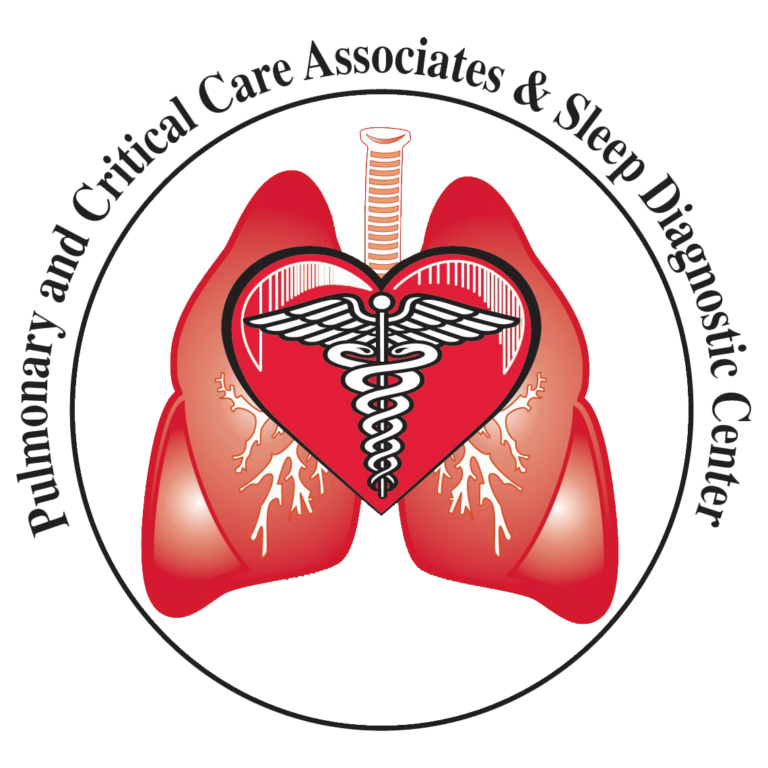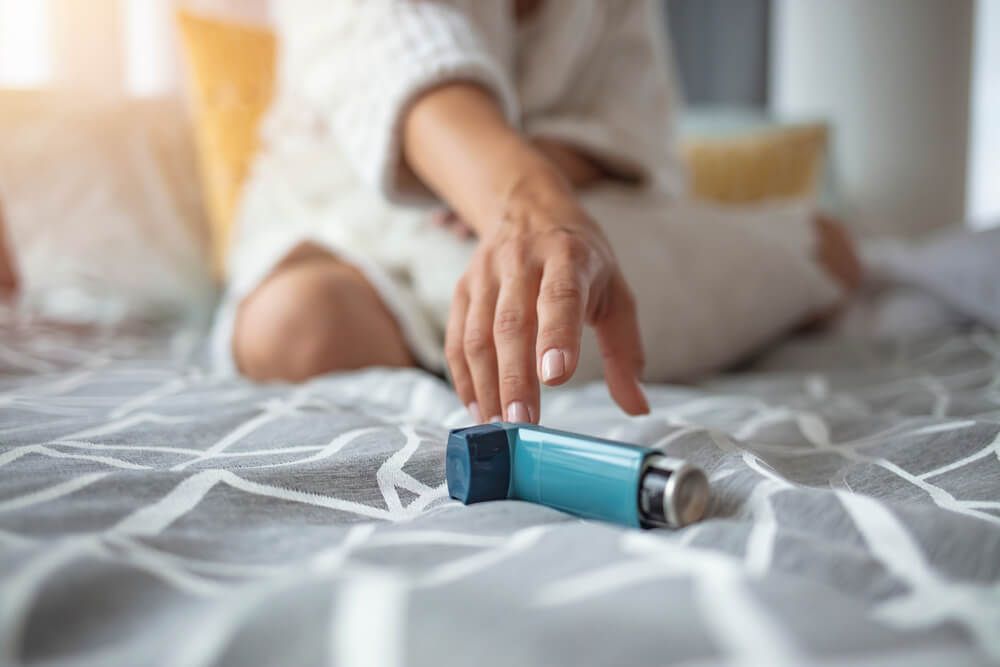What is asthma?
Asthma is a condition that can make it hard to breathe. Asthma symptoms can be mild or severe. And they can come and go. Sometimes asthma symptoms start all of a sudden. Asthma attacks happen when the airways in the lungs become narrow and inflamed. Asthma can run in families.
What are the symptoms of asthma?
Asthma symptoms can include:
- Wheezing or noisy breathing
- Coughing
- A tight feeling in the chest
- Shortness of breath
Symptoms can happen each day, each week, or less often. Symptoms can range from mild to severe. Although it is rare, an episode of asthma can sometimes even lead to death.
Is there a test for asthma?
Yes. Your doctor will ask you about your symptoms and have you do a breathing test to see how your lungs are working. If your doctor thinks allergies might be making your asthma worse, they might suggest allergy testing. This can include skin tests or blood tests.
What if I want to get pregnant?
If you want to get pregnant, talk to your doctor about how to control your asthma. Keeping your asthma well-controlled is important for the health of your baby. Most asthma medicines are safe to take if you are pregnant.
Can asthma symptoms be prevented?
Yes. You can help prevent your asthma symptoms. You can stay away from things that cause your symptoms or make them worse. Doctors call these “triggers.” If you know what your triggers are, avoid them as much as possible. Below are some common triggers, but your triggers might be different. Ask your doctor or nurse which are important for you:
- Cigarette smoke – Avoid places where people smoke. If you smoke, get help to quit.
- Exercise – Exercise can be good for people with asthma even if it is a trigger. But you might need to take an extra dose of your quick-relief inhaler medicine before you exercise. It might help to warm up before doing intense exercise. If you exercise outside on a very cold day, it can also help to wear a loose scarf or mask over your nose and mouth.
- Dust – Mattress and pillow covers can reduce dust mites.
- Mold – Use a dehumidifier or air conditioner to keep indoor air dry. Remove any mold you see.
- Certain animals – These can include dogs, cats, mice, or cockroaches. If you are allergic to animals or insects, try to figure out ways to avoid them.
- Pollen – Stay indoors when possible during pollen season. Keep your windows and doors closed whenever you can.
- Getting sick with a cold or flu – Make sure to get a flu shot every year. Some people also need to get a vaccine to help prevent pneumonia. If you think you might have been exposed to the flu, tell your doctor or nurse. They might prescribe special medicine (called “antiviral” medicine).
- Stress
Some adults with asthma have worse symptoms if they take aspirin or medicines called NSAIDs. NSAIDs include ibuprofen (sample brand names: Advil, Motrin) and naproxen (sample brand names: Aleve, Naprosyn). Ask your doctor if you need to avoid these medicines.
If you can’t avoid certain triggers, talk with your doctor about what you can do. For example, you might need to take an extra dose of your quick-relief inhaler medicine before you exercise or are around pollen or animals you are allergic to.






